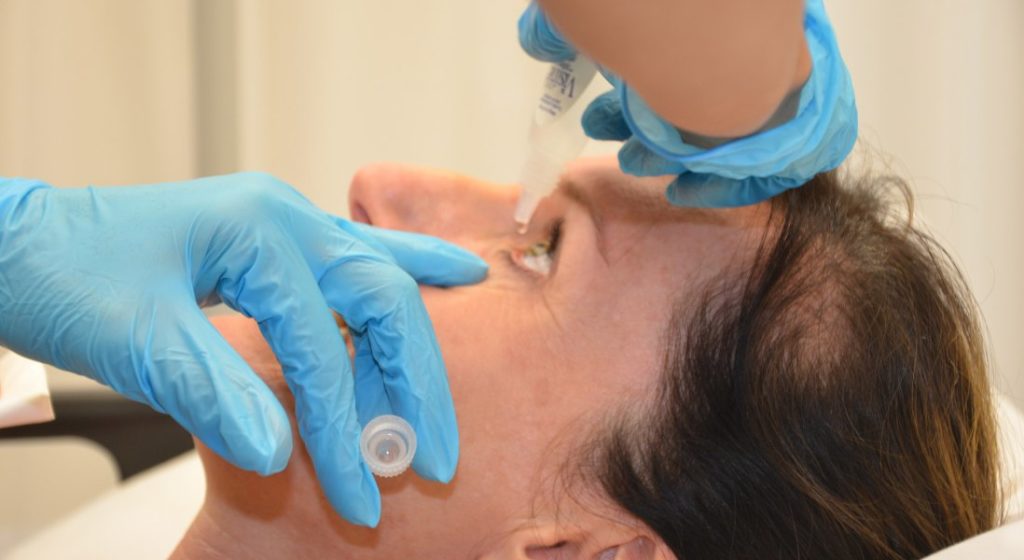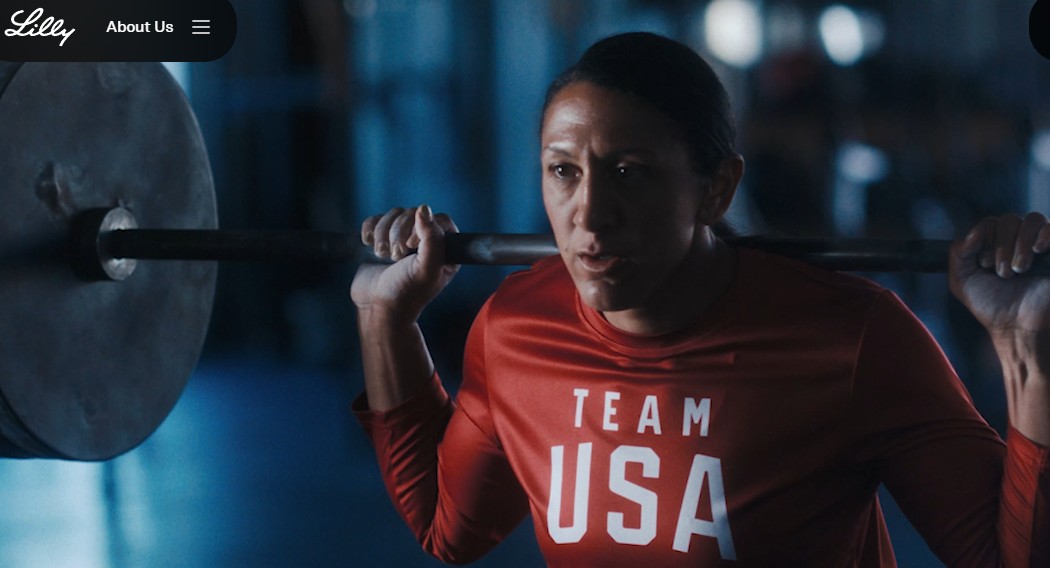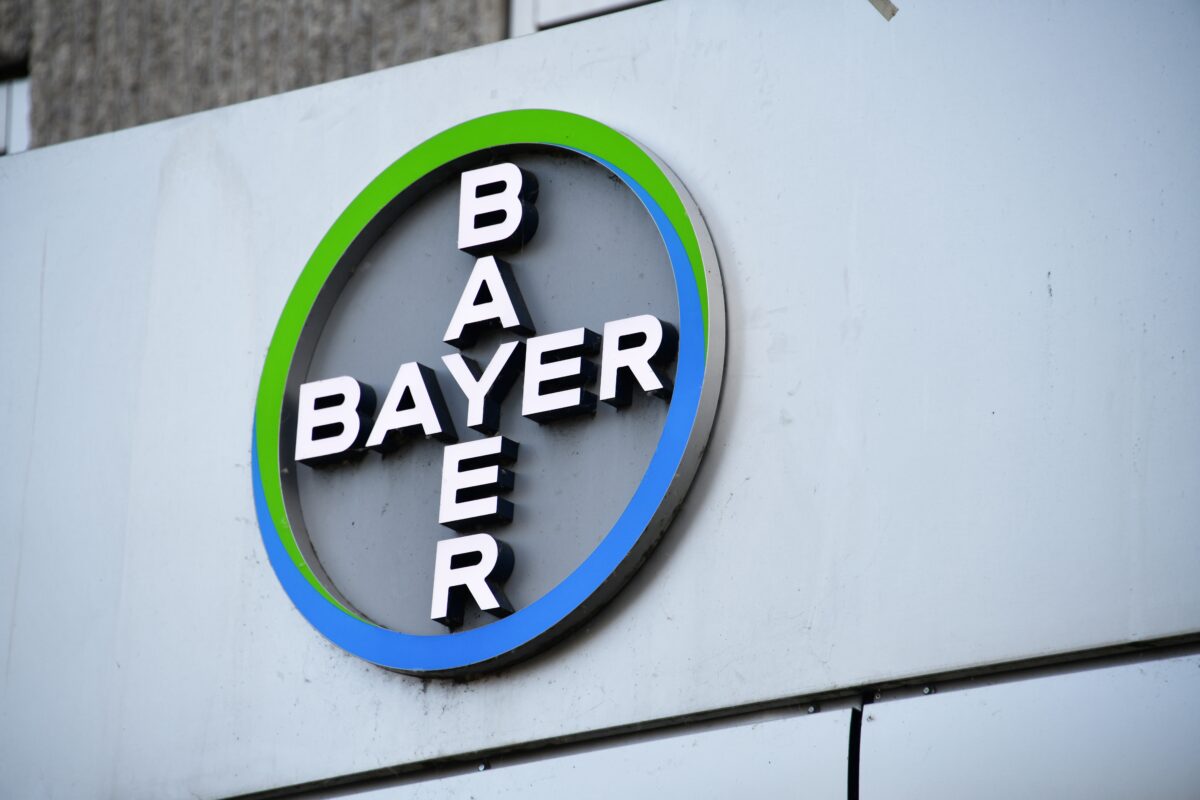Actress Jennifer Aniston has returned as the star of Shire’s dry eye disease awareness campaign, “eyelove.” It’s been over a year since the pharmaceutical company launched its original eyelove campaign to indirectly promote its dry eye disease treatment, Xiidra.
The new marketing campaign was created by advertising agency Digitas Health and debuted during the recent Golden Globes awards show. As well as the TV spots featuring Aniston, the eyelove campaign also includes digital, social and print ads.
“Jen is a big engagement vehicle for us. People really relate to her, and we want to pull that through in all of our channels,” Victoria Noble, global head of brand value at Shire,* told FiercePharma. “Jen kicked off the momentum we wanted in tapping into that girlfriend voice. We want to pull that through the entire eyelove campaign.”
The original eyelove campaign was a great success for Shire, and getting Aniston back for the second round will likely further influence sales of Xiidra in the US. According to Noble, the dry eye market grew by 25 percent in 2017 and sales of Xiidra totalled $96 million in the first half of the year.
What’s more, Shire found that over 90 percent of healthcare professionals were able to connect the eyelove campaign to Shire in a poll conducted by the drugmaker. Women over the age of 40 experiencing symptoms of dry eye disease are Shire’s primary target audience for the eyelove campaign, however they have also seen a positive response from men as well.
“Eyelove is about disease awareness, but in our minds, it’s really around disease engagement,” said Noble. “We want people to engage with our content, engage with our platform and most importantly, drive engagement with their doctors.”
Shire’s main competitor in the dry eye space, Allergan’s Restasis, has come under fire recently after an article published in JAMA IM questioned the effectiveness of the ophthalmic drug. The physician-researchers who wrote the opinion piece highlight the fact that Restasis is only approved in the US and Canada because efficacy data failed to convince regulators in other countries.
The article even questions whether dry eye disease is really a disease at all, or whether it was effectively made-up by drugmakers like Allergan to sell their products. Still, Restasis brought in $8.8 billion in sales between 2009 and 2015, suggesting disease awareness campaigns are effective.
*Editor’s Note: In a previous version of this article, Victoria Noble’s job title was incorrectly reported as, vice president and head of marketing, ophthalmics, at Shire.








Join or login to leave a comment
JOIN LOGIN